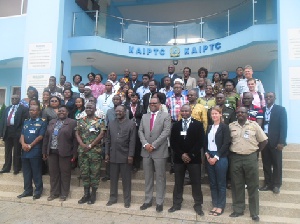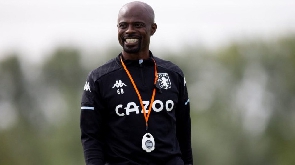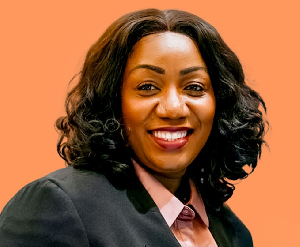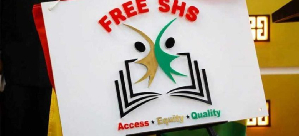Mr Kwesi Ahwoi, Minister for the Interior, on Monday said peace and security are no longer the sole responsibility of governments, but the collective responsibility of all.
He said there was the need to enhance the interaction and collaboration between regional bodies, governments and Civil Society Organizations (CSOs).
Mr Ahwoi, who said this at the opening ceremony of the 12th training session of the West Africa Peace-building Institute (WAPI), said the government appreciated the critical role CSOs continued to play in complementing its efforts in ensuring peace and security in the country.
He said Ghana was privileged to have CSOs that had consistently contributed to the democratic governance of the country despite the many institutional challenges they were confronted with.
Mr Ahwoi said in recent times, Africa had been confronted with severe peace and security challenges that had affected the socio-economic development of the continent.
He said the post-Arab spring and its attendant consequences currently confronting Egypt, election disputes in Cote d’Ivoire that degenerated in 2010, labour unrest especially in West Africa and many more challenges continued to strain the smooth progress of the continent.
The Minister said there had been a significant paradigm shift towards conflict prevention and transformation with a strong emphasis on building infrastructure for peace.
“Ghana has taken the lead in this direction by establishing the National Peace Council, whose mandate is to raise awareness on the use of non-violent strategies in response to conflicts through networking, coordination and nationwide campaign,” he said.
“By this, the Peace Council is expected to collaborate, support and work with other stakeholders and CSOs for the transformation of our society and the entrenchment of peace and security values in our society,” he said.
Mr Ahwoi said government was aware of the many challenges in achieving peace and preventing conflict, but was encouraged and motivated by the fact that there was a general consensus and good will for peace and justice to prevail at all times.
Mr Emmanuel Bombande, Executive Director of the West Africa Network for Peace-building, said the emergence of rebel groups with strong linkages across West Africa coupled with the proliferation of weapons as ready tools in the arms of the rebels indicated the porosity of the West African coast.
He said this threatened human security by confining the populace to live in perpetual fear, owing to the failure of state institutions to provide security for the citizenry.
Major General Obed Boamah Kwa, Commander of the Kofi Annan International Peacekeeping Training Centre (KAIPTC), said it was imperative for the African continent to develop strong human and institutional capacities to meet challenges of inadequate resource capacity and lack of expertise, as well as sustain advocacy in the peace-building process.
The three-week-long programme has been organized by WAPI in collaboration with the KAIPTC and 55 participants from West Africa and beyond, such as Central Africa Republic, Chad, Congo, Egypt, France, Ethiopia, Kenya, Libya, South Africa and Zimbabwe.
Madam Rose Stryker, Liberia’s Deputy Inspector General of Police in-charge of administration, was one of the participants.
Regional News of Monday, 2 September 2013
Source: GNA
Peace and security collective responsibility of all – Minister
Entertainment
















